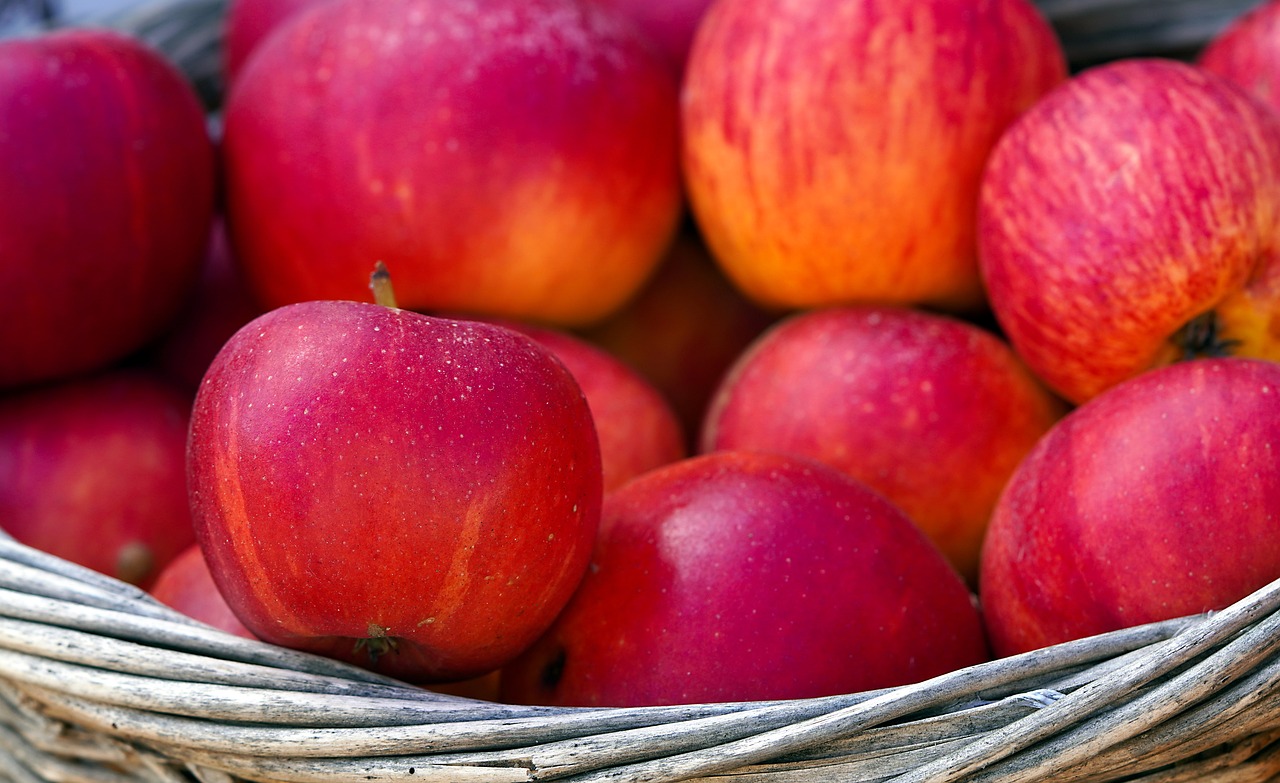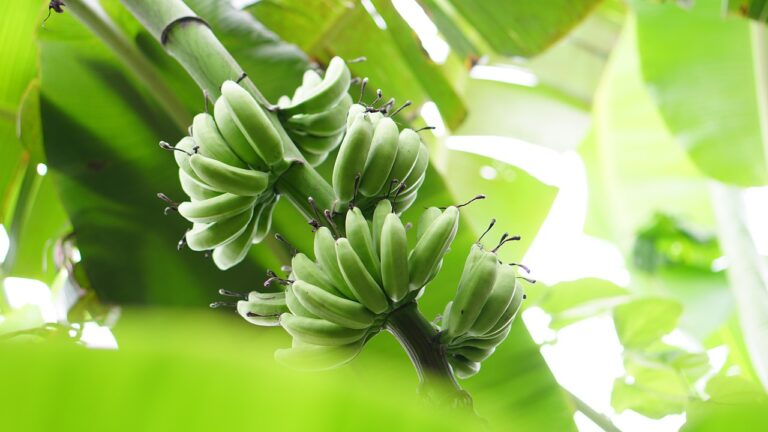The Surprising Health Benefits of Fermented Beverages: From Kombucha to Kvass
Fermented beverages have a long and rich history that dates back thousands of years. Ancient civilizations across the globe, from the Egyptians to the Sumerians, have all engaged in the practice of fermenting various ingredients to create alcoholic drinks. The process of fermentation was discovered accidentally but soon became a deliberate and celebrated method of beverage production.
As fermentation techniques evolved, different regions developed unique drinks that reflected their local ingredients and customs. For example, in East Asia, rice-based beverages like sake and makgeolli became popular, while in Europe, grapes were fermented to produce wine. The variety of fermented beverages found around the world today is a testament to the enduring popularity of this ancient practice.
The Science Behind Fermentation
Fermentation is a natural metabolic process in which microorganisms such as yeast or bacteria convert sugars into alcohol, acids, or gases. This transformative process is essential in the production of various fermented beverages like beer, wine, and kombucha. The key to successful fermentation lies in controlling factors such as temperature, time, and the type of microorganism used to ensure optimal growth and the desired end product.
During fermentation, microorganisms break down the sugars present in the raw ingredients, releasing energy and producing byproducts that give the beverages their distinct flavors and aromas. The fermentation process can vary in duration depending on the type of beverage being produced, with some taking just a few days while others require several weeks or even months to achieve the desired taste profile. Understanding the science behind fermentation is crucial for brewers and beverage producers to consistently create high-quality products that appeal to consumers’ palates.







